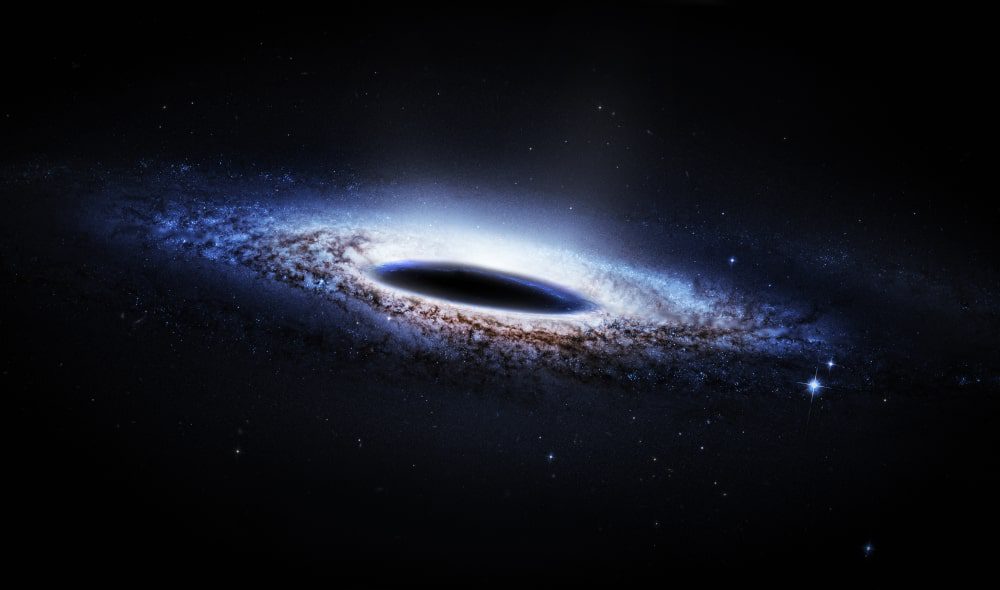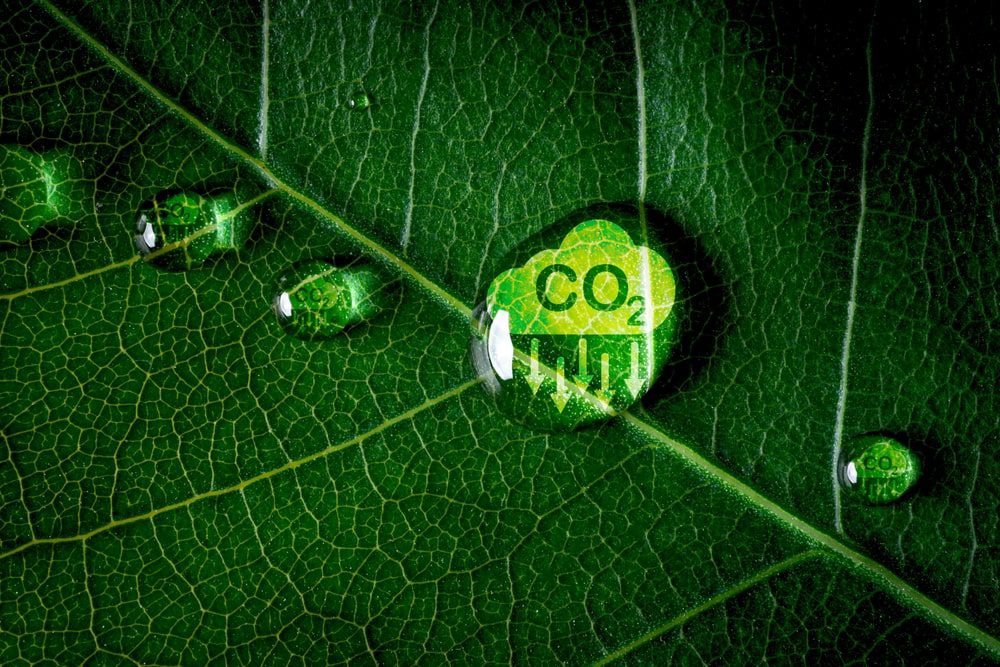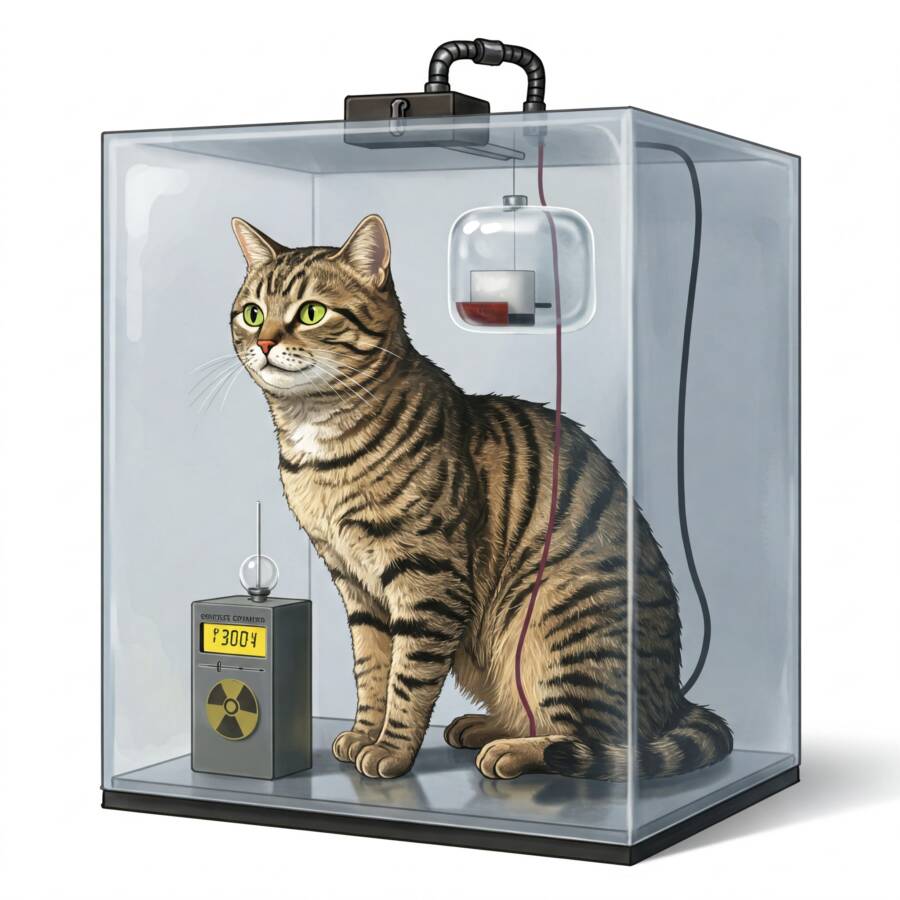Let’s talk about all the scientific questions that are the world’s biggest mysteries!
Nobody was certain how or why the terrible sickness spread throughout the Middle Ages when the Black Death ravaged communities. It took scientists several generations to determine that germs and rat fleas were the cause. That episode marked a turning point when it comes to the power of science.
Even after hundreds of years, the most brilliant minds are still having a hard time answering hard scientific questions. It’s human nature to be curious and to know why and when something happened and who was responsible for it.
Maybe we have to wait a few more years or centuries to have the answers to all these difficult scientific questions, but that’s only proof that things are evolving and people develop along with them.
But let’s not get into philosophy right now, because that’s not our topic today. If you’re a curious person who wants to know more about the world you live in, here are the most popular scientific questions experts don’t have answers to!

1. What happens when you leave this world behind?
As much as we all want to know where everything started and how the world was created (that can be a different story, depending on whether you agree with the evolution theory or you think that God made the world), another thing people are curious about is what happens after you die.
This is one of the most popular scientific questions, and there’s no answer to that aside from the fact that some of your body functions still work even when you no longer breathe. For instance, the face and neck of a corpse are the first to stiffen, and then they progressively spread to your arms, legs, fingers, and toes. The body’s tissue begins to break down a few days after death, which causes the stiff areas to relax once more.
Doctors say that the digestive system, muscle movement, making noises, or pooing are some of the things that can happen to a dead individual, but besides these creepy insights, we don’t know that much.
Many of us are curious to know what happens the moment you die, what you’re thinking about, where you go afterward, what it’s like, and whether you still have a soul. But what can we say? This is just one of the many scientific questions we have no answer to.
2. Where does consciousness come from?
Humans are lucky to have self-consciousness and awareness of their environment. Our minds are amazing, and they overflow with questions and internal conversations about our identity and mission in life.
As scientists have told us plenty of times, we’re believed to be the only ones who can possess such wonderful qualities. But where does consciousness come from? That’s one of the scientific questions that is a mystery for everyone.
Naturally, our brains are the primary computers in our bodies, taking care of biological processes and guiding our thought processes through all of life’s obstacles. Brain scans reveal just how dynamic our brains are.
However, the mind is not the brain. The creation of a nonphysical state, such as consciousness, by a physical material is not explained by electrical activity. Many people believe that consciousness is a gift from God that is embedded in people’s bodies to help them navigate this world.
Scientists have a biological explanation for consciousness, saying that it is a series of biological processes leading to increasingly complex thought processes that ultimately result in self-awareness.
So, is this the answer to our scientific question? Does this consciousness come from the chemical processes that take place in the brain? Leave a comment below and let us know what you think about this one!
3. What makes us human?
Since we’re talking about scientific questions that we can’t answer, we have to talk about a few things that might support these theories. Experts discovered that the human genome is 99% identical to that of chimpanzees and 50% to a banana’s. You can’t tell more about what makes people human just by looking at their DNA.
We know that humans’ brains are larger than those of most other creatures and contain three times the number of neurons (86 billion, to be more precise) of a gorilla.
Many traits that we originally believed set us apart, such as language, tool use, and self-recognition in the mirror, are shared by other species, and that’s incredible.
Maybe what makes the difference is our culture and how it influences our DNA, and vice versa. Scientists believe that our ability to cook and control fire might have contributed to our large brain evolution. Little details make a difference, right?

4. What’s at the bottom of a black hole?
Here’s another one of the most common scientific questions researchers don’t know how to respond to: what’s at the bottom of a black hole? According to Einstein’s theory of general relativity, a black hole formed by a massive star continues caving in until its very, very small and dense point, known as a singularity.
However, when we have to deal with such interesting scientific questions, quantum physics has something to say about the subject. Speaking of this, general relativity and quantum physics have never been best friends, and many times they have had different opinions. But one day, a novel theory known as M-Theory might be able to explain the hidden core of one of the universe’s most bizarre creations.
What do you think? Will we be here to discover the answer to one of the most interesting scientific questions ever?
5. Is our universe the only one?
Let’s go back to the universe for a second because things are getting more and more interesting. If you even slightly change any of the universe’s settings, life as we know it will no longer be possible.
This “fine-tuning” issue is causing physicists to look more and more at the idea of parallel universes. So, are we the only ones here? That’s one of the biggest scientific questions we want to know more about.
If there are an endless number of them in a “multiverse,” every possible scenario would be played out someplace, which means that you end up in the universe where you can happily exist. Even though it might sound absurd, some quantum physics experts say that there’s evidence to support their theory.

6. What about the carbon?
We’re almost done with these scientific questions, but we have to say a few words about carbon before we end our article. For the past hundreds of years, burning fossil fuels that originally contained carbon underground has allowed us to release carbon dioxide into the atmosphere.
Since global warming causes serious problems we all face every day, like boiling summers, hot winters, extreme pollution, animal extinction, agriculture issues, and so many others, researchers say that we have to remove all of that carbon from the atmosphere to make things better. But what is the process?
One idea people come up with is to bury the excess carbon in abandoned oil and gas fields. Others say that it might be best to bury it deep beneath the ocean.
However, we can’t know how long the carbon will stay buried in there or what potential hazards it might cause. In the meantime, we need to safeguard naturally occurring, long-lasting carbon sinks like forests and peat bogs and begin to produce our much-needed energy in a way that doesn’t leak further carbon into the atmosphere.
What do you think about these scientific questions that researchers have a hard time answering? Leave a comment below and let us know! If you want to know more about science and the world we live in, here’s an amazing book for you. Until next time, here’s another great post for you to check out: 7 Things From Outer Space That Will Destroy the World















One Response
Global warming is caused by the sun, having cyclic periods of greater heat output, and then periods of lesser output. We see some occurrences of great additions of solar blocking dust (ash) causing short periods of cooler earth temperatures. If you try to limit CO2, then you make life hard on subsistence farmers who see bumper crops when CO2 is greater. Most of our world is subsistence farmers.